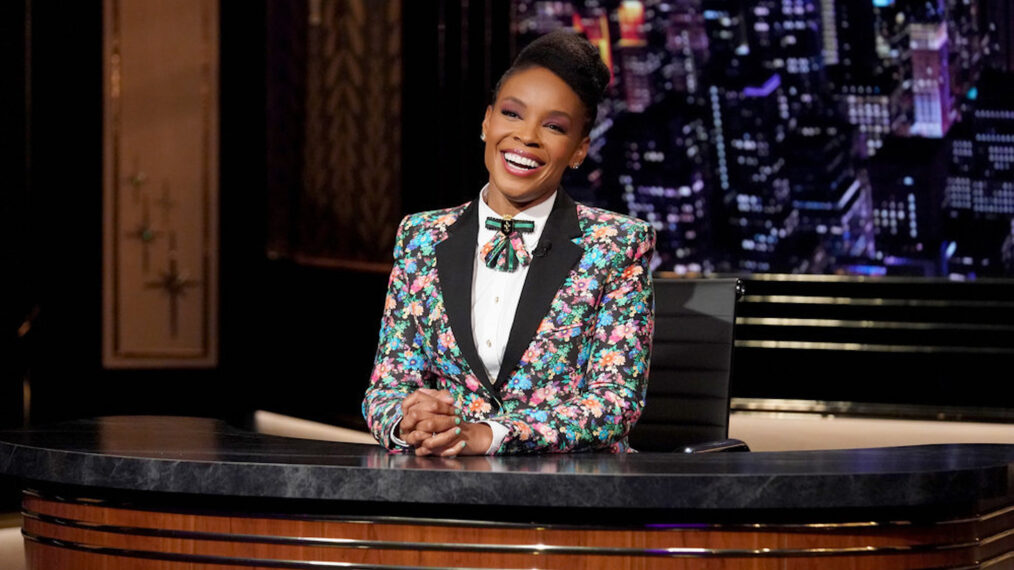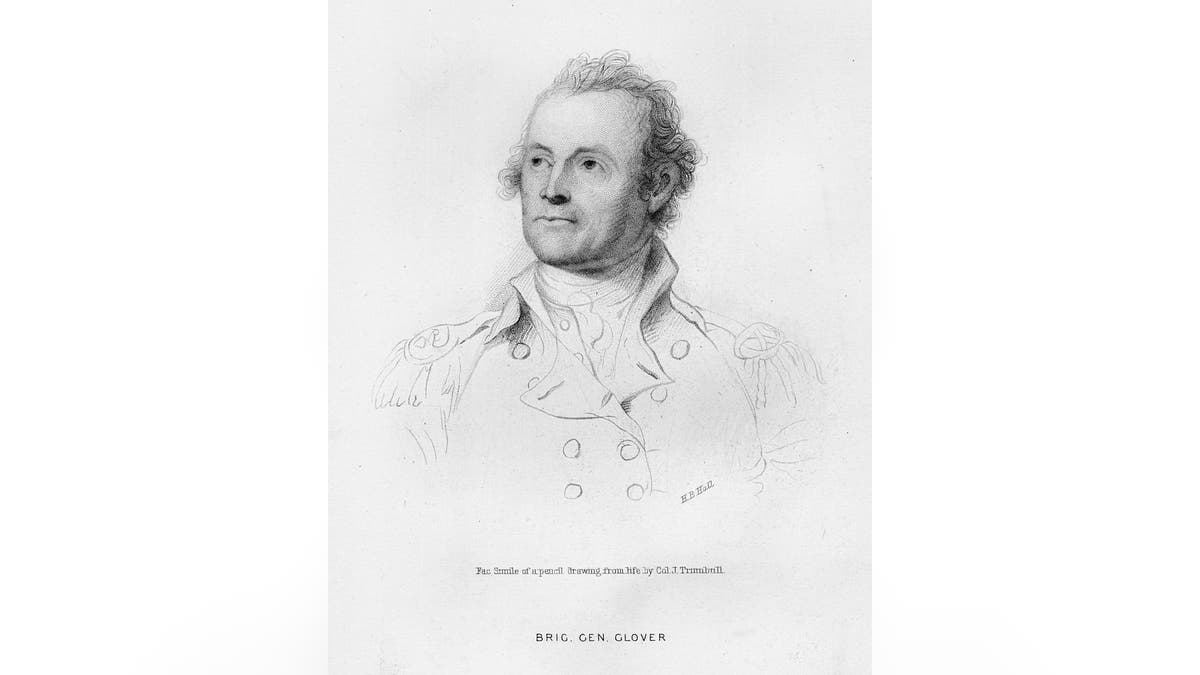Is an identity crisis just par for the course as human beings? Does it happen to everybody? I wondered this to myself as a friend told me that her brother-in-law had decided, in his late thirties, to hit the pause button on his life. He was going to Bali for two months, she said, to “find himself.” This was shocking not in the least because he had a family he would be leaving behind in order to go off and conduct this search, but also, because he wasn’t entirely clear about whether he would be coming back. A search for self on a paradise island free of responsibility. Only in a man’s world, I thought, enviously. A woman would never go about it like that.
I didn’t set out to write a story about a woman in search of herself. My original intention was to generate some acting work. If I could write a great play (or even just an okay one, I acquiesced, whenever I had writers block), produce it and perform it myself, then the “right” (whatever that means) people would see it, which would lead to more scripts—ones I hadn’t had to write myself—flooding my way. Then, I’d be in. I’d be a busy actor having no choice but to turn down parts and I would never have to write anything ever again.
My novel, Dominoes, is a love story. But not that kind of love story. The protagonist, Layla McKinnon, has been living a life she’s relatively happy with. She has her routine, her job, her family, her best friend and, where we meet her in life, she has just met The One. She’s had little impetus to scratch below the surface of things, even despite her insecurities about her mixed-race heritage. But all that changes when she is presented with evidence by her best friend that The One may be a descendant of her enslaved ancestors’ owners. Layla is forced to interrogate the life she’s been living and the one she thought she wanted to build. To ask herself if she truly knows who she is, what she stands for and if she or anything about it need to change.
This is a reading list about women who, at any one time, have had their doubts about who they are and who they present themselves to the world as. In these stories, they are piecing together the puzzle of their own identities. For them, the importance of this notion waxes and wanes, it is not necessarily their primary preoccupation, but bubbles to the surface in varying degrees. The question of their own essence and what it means in a fast-paced world where it feels like everyone else is so sure of themselves and what they stand for, may not always be the point of these stories but it is certainly an essential by-product. To someone not in that questioning, contemplative place themselves, it may well be missed. For me, however, they became the parts of these books which spoke the loudest. Read these books for their keenly observed female protagonists’ exploration of the world around them—through language, location, love, politics, and friendship—and for the ways in which the lives they are leading or the new ones they are seeking out, speak to their essence. And as for my friend’s brother-in-law, he came back in the end. But, just as with the characters in these novels, finding yourself back where you started doesn’t make it all for nought. It’s in the journeying that we find our essence, not necessarily at the destination.
Swing Time by Zadie Smith
Two mixed-race best friends who meet as youngsters at dance class, find themselves on divergent paths as one (the unnamed narrator) watches the other—Tracey—achieve their shared childhood dream becoming a dancer. Through her teens, twenties and thirties, we see the narrator going through the motions: university, first job, short lived love affairs, the allure of orbiting a celebrity when she lands a job as assistant to a pop star the girls idolized growing up. She watches on as Tracey’s career fizzles out, replaced by the challenges of motherhood on the same council estate they were raised on. Smith’s thought-provoking insights on race, trauma, aging and the choices we make in life and where they lead us subtly force the reader to consider these things in relation to themselves at every turn. On reading the last page, I thrust the book into the hands of the nearest person in my vicinity telling them to read it. I defy you not to do the same thing.
Half Breed by Natasha Marshall
While technically a play, this extended monologue for one performer reads like a novella you’ll whip through in one sitting. Jazmin is “the only Black in the village.” Not only does she not want to end up a target for her best friend’s bigot of a boyfriend, she doesn’t want to become a teenage pregnancy statistic. She wants to get out. So, when her beloved Gran secretly signs her up to audition at a London drama school, her chance to break free of her small town and achieve her dream of becoming an actress looks to be within her grasp. There’s just one thing stopping her: herself. Examining her life, friendship, hopes and experiences, Jazmin is determined to make a decision and commit to a destiny of her own making and we’re rooting for her all the way, willing her to bravely take ownership and step out into the big wide world. Poetic and lyrical, every line buzzes with the unmistakeable energy of a writer penning something they simply have no choice but to speak aloud.
Such a Fun Age by Kiley Reid
Emira is trying to figure her life out as a Black, twenty-something woman with her whole life thing stretched out before her for the taking. When she is approached by a security guard at a store who accuses her of kidnapping her young charge because the toddler is white and the two of them together simply doesn’t compute (at least not to the prejudiced), a chain of events is set off which force Emira to question not only who she is but who should be given a say on her life. Her employer? Her boyfriend? Or better still, someone without a white savior complex. The plot makes for a thought-provoking discourse on a multitude of issues. It is a meaty coming-of-age story which have you begging Emira to finally take all that she knows to be true about the world and herself and to use that knowledge to seize autonomy over her own life once and for all.
The Centre by Ayesha Manazir Siddiqi
Anisha, a London based Bollywood film translator, has romantic ideals about language. She dreams of having the linguistic aptitude to offer up new translations of Russian tomes of scholarly significance. Though coupled up, her lukewarm feelings towards her boyfriend, Adam, come second place to her friendships with Naima and her beloved cat. But when Adam, a fellow linguist, reveals that he can introduce her to a top secret school which promises fluency in any language in the space of just 10 days, Anisha is plunged into an addictive, morally dubious community which challenges both hers and our notions of earning the right to certain abilities, appropriation and colonialism in a completing unexpected, completely brilliant way. It is all the more thrilling and thought-provoking to have this one read to you, so opt for the audiobook if you’re that way inclined and you’ll devour the whole thing in mere hours.
Assembly by Natasha Brown
There’s a lot to be said for the slimline novel, and this one, with its meticulously crafted prose should be your first port of call if you’re seeking to learn more about the continued effect of colonialism on the modern world and, in particular on the lives of people of color. A nameless Black woman who seems to have it all — the cushy career, the big bonuses, a serious relationship with man from an old-money white family — tells us through a sequence of vignettes why a life blighted by racism at every turn is not much of a life at all. In fact, it is impossible not to feel her utter exhaustion at simply having to exist in such a world. The poignancy with which she reflects on her experiences and the conclusions she draws on her future given all that she has already suffered, makes the choice she is faced with about her health all the more hard hitting and, sadly, justifiable. A breathless, read in one-sitting corker of a debut.
Temper by Phoebe Walker
Purpose and identity are often inextricably linked to place for many women. We feel this in almost every line of Phoebe Walker’s debut. Infused with her characteristic poetic imagery and keenly observant eye for the world around her, she gives us yet another unnamed narrator (a theme worthy of a reading list of its own!) who has left London on the coat tails of her corporate boyfriend and his new job. Being a freelance writer, she has the freedom to work from anywhere, and the Netherlands, she reasons, is as good a place as any. But the promise of expat life, with its shiny, social media-ready exterior and the feeling of excitement in the first days and weeks, quickly fades. What our protagonist is left with is creeping isolation, loneliness and a lack of purpose. When she reluctantly befriends an untrustworthy fellow expat who has been shunned by everyone else who knows her out there, the narrator’s reflections on just how and exactly where to go about building a life for oneself in a big world, becomes all the more intriguing and absorbing.
Luster by Raven Leilani
Edie’s life is all kinds of messy. A frustrated artist moonlighting as an assistant at a publishing house, until she is eventually fired for sending inappropriate emails, she ends up becoming a live in nanny-cum-sister figure to her married lover’s adopted Black daughter, Akila. On the face of it, this crazy living arrangement is something Edie should be running a mile from, but the whole thing—approved of and encouraged by the wife of said lover—serves as a unique setting for Edie to fully examine her life. Thought-provoking and at times, uncomfortable, you will spend the book rooting for Edie to learn about herself while simultaneously teaching Akila what it means to be a young, Black woman in a world of prejudice and privilege, not to mention luxuriating over Leilani’s lust(er)-worthy writing. Lines like: “In other words, all of it, even the love, is a violence” reverberate in your mind long after you put the book down.


























































